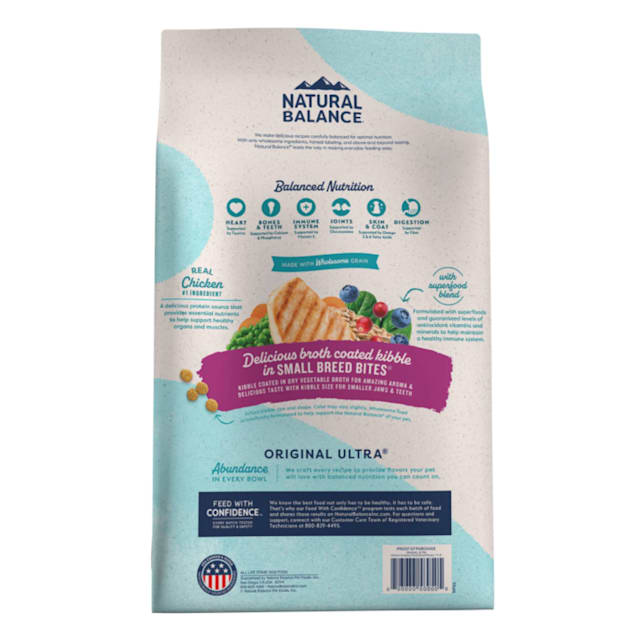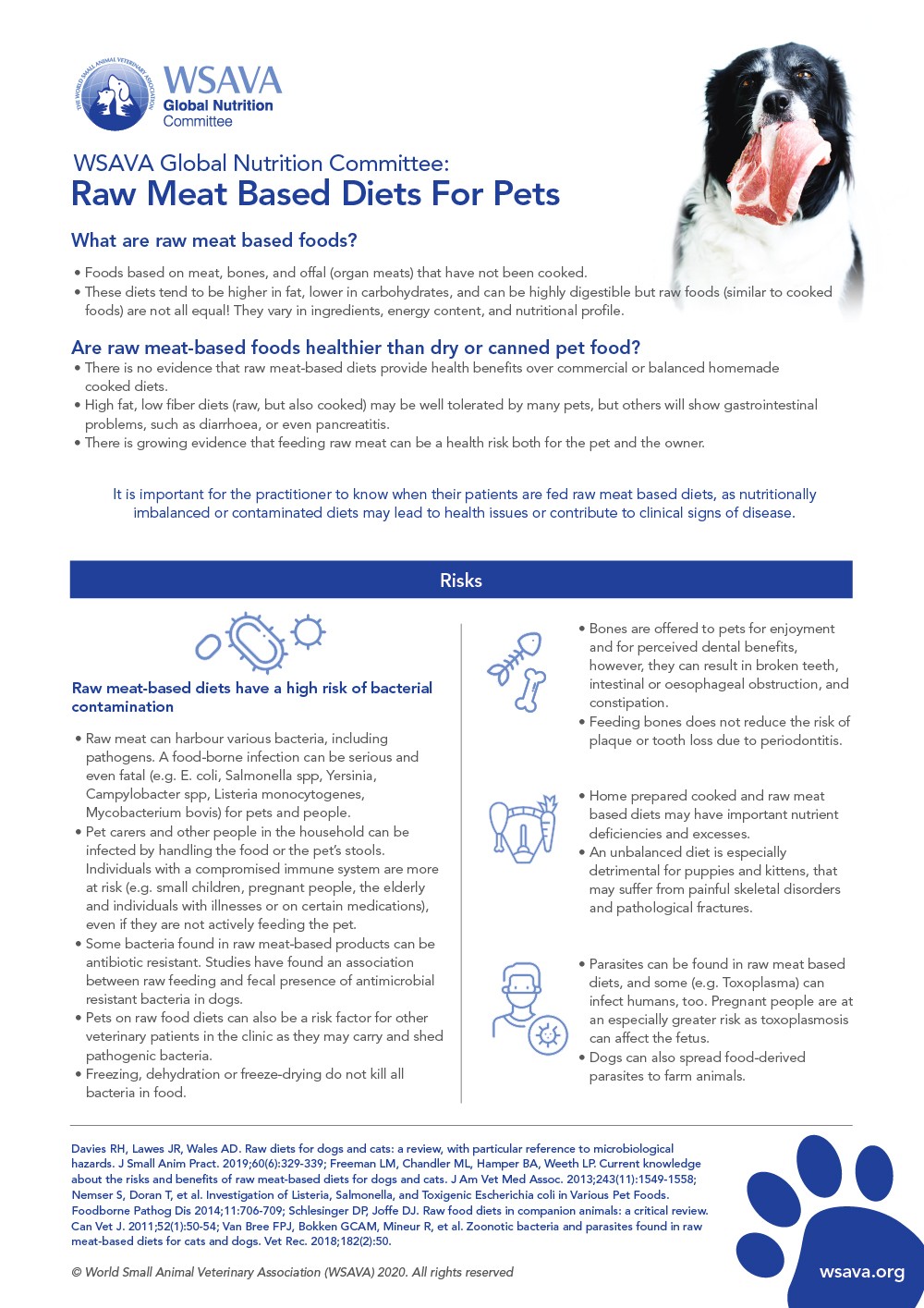Feed your dog puppy food until it reaches maturity, then switch to adult dog food. Puppy food provides the necessary nutrients for your dog’s growth and development, but once it reaches its full size, it no longer requires the specific nutritional balance of puppy food.
Switching to adult dog food ensures that your dog receives the appropriate nutrients for its age and size.

Credit: www.petco.com
Benefits Of Feeding Puppy Food
Feeding your dog puppy food is essential for their growth and development. Puppy food is specifically formulated to provide the optimal nutrition needed for their growing bodies. Let’s explore the benefits of feeding puppy food:
Optimal Nutrition For Growth
Puppy food is designed to provide the right balance of nutrients that puppies need during their rapid growth phase. It contains higher levels of protein, vitamins, and minerals compared to adult dog food. These essential nutrients support the development of strong muscles, bones, and organs in your growing puppy.
Supports Healthy Development
Feeding your puppy the right food during their early stages of life can have a long-lasting impact on their overall health and well-being. Puppy food is enriched with DHA, an omega-3 fatty acid, which is crucial for brain development and enhancing cognitive function. Additionally, it also contains antioxidants that help support a strong immune system, providing your puppy with the best chance of a healthy start in life.
Maintains A Healthy Weight
Puppies are energetic and active, which requires them to have a balanced diet to fuel their daily activities. Puppy food is formulated to provide the right amount of calories, ensuring your puppy maintains a healthy weight. Overfeeding your puppy with adult dog food can lead to excessive weight gain, putting unnecessary strain on their developing joints and increasing the risk of obesity-related health issues later in life.
In summary, feeding your dog puppy food offers a wide range of benefits. It provides the optimal nutrition for their growth, supports their healthy development, and helps maintain a healthy weight. It is recommended to consult your veterinarian to determine the appropriate duration of feeding your dog puppy food, as it can vary based on their breed, size, and specific nutritional needs.

Credit: wsava.org
Transitioning To Adult Dog Food
To ensure proper nutrition, you should feed your dog puppy food until they reach maturity. Once they have reached this stage, you can transition them to adult dog food for their ongoing dietary needs.
Signs That A Dog Is Ready For Adult Food
Transitioning your puppy to adult dog food requires careful observation of their physical and behavioral changes. Here are a few signs that indicate your furry friend is ready for the next stage:
- Steady weight gain: If your puppy has reached their ideal weight and is no longer gaining weight rapidly, it’s a good sign that they are ready for adult food.
- Healthy teeth: Adult dog food is designed to be more challenging to chew, promoting dental health. If your puppy’s teeth have fully developed and they can handle harder kibble, it may be time to switch.
- Sufficient energy levels: Puppies tend to be more energetic than adult dogs. If your puppy has a consistent and manageable energy level, it may be an indication that they are ready for adult food.
- Firm stool: A puppy’s digestive system undergoes changes during their growth phase. Once your puppy consistently has firm stools, it suggests that their digestive system has matured, indicating a suitable time to transition.
Recommended Time To Switch To Adult Food
While the precise time to switch your puppy to adult dog food may vary depending on factors such as breed size and individual development, a general guideline is to make the switch between 12 to 18 months of age.
Large breed puppies, such as Great Danes and Mastiffs, may benefit from staying on puppy food a bit longer as they have longer growth periods. In this case, it is recommended to switch to adult food around 18 to 24 months.
Tips For A Smooth Transition
Transitioning your dog from puppy to adult food may require some adjustment. Here are a few tips to ensure a smooth and successful transition:
- Gradual change: Start by mixing a small amount of adult food into your puppy’s regular food. Over the course of a week, gradually increase the proportion of adult food while decreasing the amount of puppy food.
- Monitor appetite: Keep an eye on your dog’s eating habits during the transition period. If they show any signs of decreased appetite or digestive discomfort, slow down the transition process and consult your veterinarian if necessary.
- Stick to a consistent schedule: Dogs thrive on routine. It’s essential to maintain a regular feeding schedule to help them adjust to their new diet.
- Ensure proper hydration: Along with the food transition, make sure your dog always has access to fresh water to stay hydrated.
- Consult your veterinarian: Your veterinarian knows your dog’s unique needs best. They can provide personalized advice based on your puppy’s development and health status.
By gradually transitioning your puppy to adult dog food and paying attention to their individual needs, you can ensure a smooth and successful change in their diet. Remember, every dog is different, so be attentive to any signs that may indicate the need for adjustments or professional guidance.
Choosing The Right Puppy Food
Feeding your puppy with the right food is essential for their growth and development. The puppy stage is a critical time for their nutritional needs, and choosing the right puppy food is crucial. There are several factors to consider when selecting the best puppy food for your furry friend. In this article, we will discuss considerations for breed size, top brands of puppy food, and important nutrients to ensure you make an informed decision.
Considerations For Breed Size
When it comes to choosing the right puppy food, it’s important to consider the size of your breed. Different breeds have different growth rates and nutritional requirements. Here are some key considerations:
- Small Breed: Small breed puppies tend to have faster metabolism and higher energy levels. Look for puppy food formulas specifically designed for small breeds.
- Medium Breed: Medium breed puppies have moderate energy levels and growth rates. Choose a puppy food formula that meets their specific needs for balanced growth.
- Large Breed: Large breed puppies have slower growth rates and are prone to skeletal issues. It is crucial to select a puppy food formula with controlled levels of calcium and phosphorus to support healthy bone development.
Top Brands Of Puppy Food
Choosing a reputable brand of puppy food ensures your pup gets the nutrition they need. Here are some of the top brands known for their quality puppy food:
- Royal Canin
- Blue Buffalo Life Protection Formula
- Science Diet
- ORIJEN
- Wellness
- Eukanuba
Important Nutrients For Puppy Food
Puppy food should provide essential nutrients for their growth and development. Here are some important nutrients to look for:
- Protein: High-quality protein is essential for muscle development. Look for puppy food with animal-based protein sources like chicken or beef.
- Calcium and Phosphorus: These minerals are crucial for healthy bone and teeth development, especially in large breed puppies. Ensure the puppy food has the appropriate balance of these minerals.
- Omega-3 Fatty Acids: These fatty acids support brain development and a healthy coat. Look for puppy food that contains fish oil or flaxseed as a source of omega-3.
- Antioxidants: Antioxidants like vitamins C and E help support a strong immune system. Make sure the puppy food includes these essential vitamins.
By considering the breed size, choosing a reputable brand, and ensuring the presence of important nutrients, you can select the right puppy food that will support your pup’s growth and overall well-being. Remember to consult with your veterinarian for personalized recommendations based on your puppy’s specific needs.
:max_bytes(150000):strip_icc()/SPR-Hills-ScienceDiet-SensitiveStomachandSkin-Chicken-Cavin-01-39a7b1b54edb4781922bedf1c3331221.jpg)
Credit: www.thesprucepets.com
Frequently Asked Questions On How Long Should I Feed My Dog Puppy Food
When Should I Stop Feeding My Dog Puppy Food?
You should feed your puppy puppy food until they reach maturity. Switching to adult dog food can happen once they have stopped growing.
How Long Do Puppies Need To Eat Puppy Size Food For?
Puppies need to eat puppy size food until they reach maturity. Switch to adult dog food once they have fully grown.
What Happens If I Feed My Dog Puppy Food Too Long?
Feeding your dog puppy food for too long can lead to excessive growth, which may increase the risk of joint problems in certain breeds. It’s important to switch to adult dog food once your puppy reaches maturity.
Is It Ok To Give A Puppy Regular Dog Food?
It is recommended to feed a puppy puppy food until they reach maturity, as it provides a finely-tuned balance for their specific nutritional needs. While feeding them regular dog food won’t make them seriously ill, it may cause the occasional upset stomach.
Conclusion
To ensure your dog’s nutritional needs are met, it’s important to know how long to feed them puppy food. Puppy food should be given until your dog reaches maturity. Once they have reached this stage, you can switch to adult dog food.
Feeding your dog the appropriate type of food at each stage of their life helps promote their overall health and development. Remember to consult with your veterinarian for specific guidance based on your dog’s breed and size. Provide them with the proper nutrition they need to thrive!


